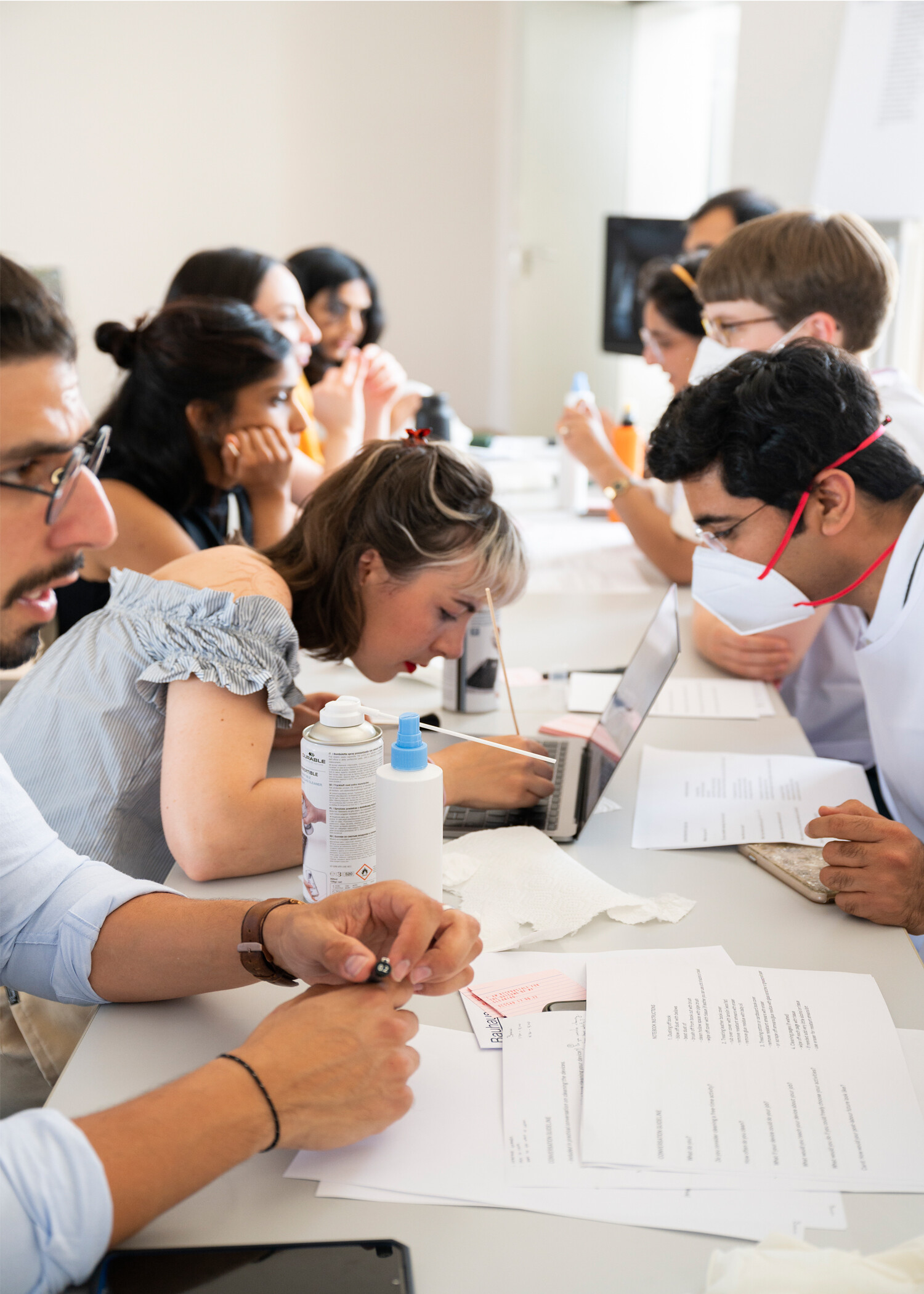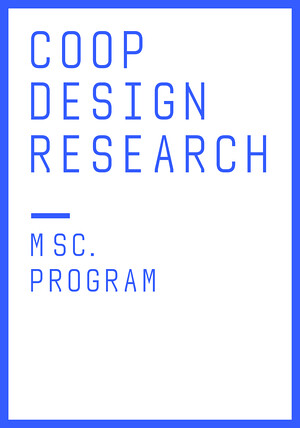Deadline: May 15, 2023
More than any other institution, the Bauhaus Dessau expressed a modern understanding of design that took a skeptical view of antiquated design traditions and substituted these with direct research into materials and the innovative potentials of technology and science. Since then, design has been perceived as a cooperative discipline that synthesises diverse aspects of knowledge. The COOP Design Research Master of Science is conducted as a teaching cooperative by Anhalt University of Applied Sciences and the Bauhaus Dessau Foundation in cooperation with Humboldt University Berlin (the transdisciplinary Cluster of Excellence “Matters of Activity. Image Space Material”), with coursework taking place both at Gropius’ Bauhaus in Dessau and—to a lesser degree—at Humboldt University in Berlin. The program engages with the Bauhaus’ legacy in design research.
The one-year COOP Design Research Master’s program offers an overview of the diversity of academic scholarship in this field and contributes to strengthening a research practice by the means provided by design. The program strives to integrate design and research as a transdisciplinary field at the crossroads of material studies, social sciences, design anthropology, cultural studies, technology studies, architecture and design history, and theory.
Drawing from different teaching methods contributed by each of the three aforementioned partner institutions, the core of the MSc program relies on three thematic building blocks: Design as Research; Design as Education; Design as Projection. The diversity of the teaching staff with their different academic backgrounds contributes to the multiple perspectives of the program. The courses are jointly run by professors and lecturers from the associated institutions as well as by international guest lecturers.
The students’ experiences gained in previous studies and professional practice constitute the basis for developing an approach towards design research led by critical reflection. Comprehensive introductions to methodologies of theory reading, academic writing, field research, and analysis are provided as tools for complementing both theoretical knowledge and practical reflexivity. It is not only about what is studied, but it is also about how the subject matter is learned: due to its interdisciplinary and transcultural structure, the program also promotes inclusion, diversity and critical thinking.
Throughout the program, students obtain academic knowledge and intellectual competencies to critically engage with the complex challenges designers face in the 21st century. In this respect, students acquire the ability to engage in an academic discourse, to theoretically penetrate phenomena of the material environment and to articulate themselves in writing.
The program focuses on developing the student’s understanding of a “Theoretical Framework,” which offers a forum for the analysis and discussion of epistemological concepts and practical knowledge. Further, it deals with the practical approach to preparing a research project with the necessary tools, techniques, software applications and work procedures.
The students demonstrate argumentatively their research approaches through their established design methodology in the context of scientific discourse on research through design.
The degree of Master of Science opens up professional perspectives in the fields of research and teaching of design, cultural studies, as well as curatorial practice. It can be conceived as either a preparatory step towards doctoral studies or as a theoretical enrichment for applied design research and practice. Moreover, the program fosters international cultural exchange and social engagement.
For any questions regarding the program or application procedures, please contact us directly at our e-mail address: info [at] coopdesignresearch.de






